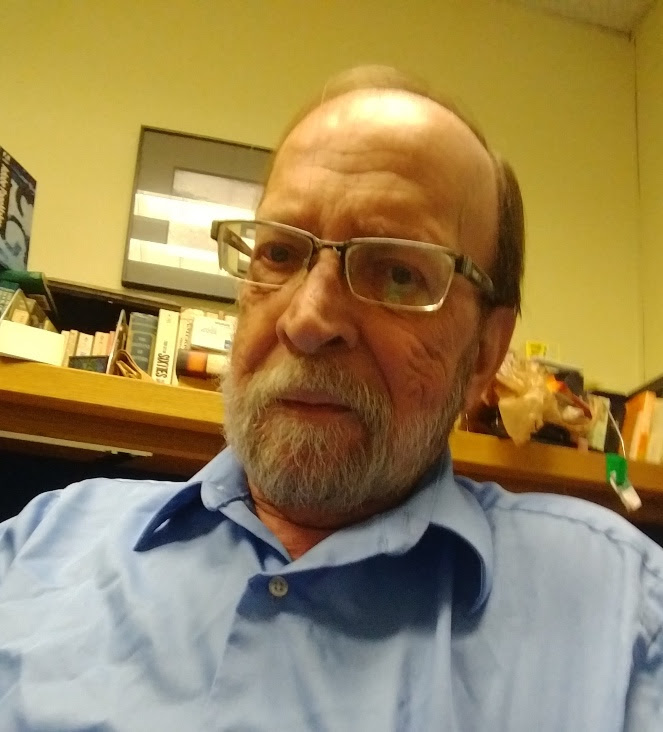Sensationalizing Tragedy
by Leo Morris
Reprinted with permission of IPR
Vietnam was the first war brought to our living rooms by television, so I always thought it interesting that the movie about the war moving me most was a made-for-TV film.
“Friendly Fire” stars Carol Burnett and Ned Beatty in the true story of Iowa farm couple Peg and Gene Mullen trying to cope with their son’s death in the war. With the help of journalist C.D.B. Bryan, on whose book the movie is based, the couple learn that their son was killed not by enemy fire but by an accident of human error on his own side.
Until Bryan’s involvement, the Mullens had been frustrated and embittered by the indifferent and often misleading responses of an entrenched bureaucracy just doing its cold, efficient duty.
The journalist foolishly thought that learning the truth – there were no villains to hate, no gross incompetence to punish in the inevitable casualties of war – would give the couple peace and allow them to move on.
It did not. The Mullens were too consumed by grief and too angry to accept the truth. There was no happy ending.
It should be obvious as we move on from another Memorial Day celebration that the divisions in this country revealed in that war and depicted in that movie are still with us and more pronounced than ever. And the two sides do not talk to each other about their differences. They merely shout slogans across the great divide.
Those slogans are never louder, never less thoughtful, than when we are confronted with another horrific mass shooting like the one in Uvalde, Texas, that claimed the lives of 19 children and two adults. We look for villains to hate and gross incompetence to punish, but our anger and bitterness keep us from actually engaging with one another to find any real answers.
Just consider the inevitable “gun debate” that always follows a shooting. There is the usual forlorn hope that “moderates” can hammer out a “bipartisan” plan for “common sense” gun control measures. But such efforts always collapse under the weight of partisan rhetoric.
Each side has its script, and they stick to it, no matter what, reading the lines they have rehearsed so well.
For the gun rights side, any reform, however slight, is seen as a foot in the door. Give the zealots one little thing, then they’ll demand more and more, and the first thing you know, the Second Amendment will be abandoned, and there goes the country.
For the gun control side, there can never be enough laws, never mind that those who misuse guns don’t obey the thousands of laws we already have. Even if new regulations won’t work, there is some therapeutic value to “having done the right thing.”
And while we’re spinning our wheels on guns – until the furor dies down and we move on – there is so much more we aren’t talking about, such as:
How to harden school defenses without making students feel like they’re trying to learn in a war zone.
How to neutralize those whose mental illness is likely to turn violent without stigmatizing all those with mental illness.
How to stem the tide of fatherless families from which so much pathology is generated without demeaning the heroic efforts of single mothers.
How to stop sensationalizing tragedy without depriving the public of the information it needs to make informed decisions.
That last point, it should be noted, suggests there is a First Amendment issue at least as worthy of debate as our Second Amendment dilemma, whether media advocates are willing to admit it or not. Even something considered a fundamental constitutional right can be deployed to harm. That is the nature of freedom.
Like the Vietnam War, mass shootings are beamed into our living rooms in nearly real time. TV, now augmented by social media echo chambers, can show us the horror and feed our grief and anger.
Help us toward a solution? Not so much.
Leo Morris, columnist for The Indiana Policy Review, is winner of the Hoosier Press Association’s award for Best Editorial Writer. Morris, as opinion editor of the Fort Wayne News-Sentinel, was named a finalist in editorial writing by the Pulitzer Prize committee. Contact him at leoedits@yahoo.com.
The desktop version of the most recent journal can be shared directly by clicking the social-network icon at the upper left of the PageTurnPro tool bar of a particular issue. And the journal can be read, searched or forwarded from an iPad, iPhone or other hand-held device through this mobile version.
The Indiana Policy Review Foundation is a non-profit education foundation focused on state and municipal issues. It is free of outside control by any individual, organization or group. It exists solely to conduct and distribute research on Indiana issues. Opinions expressed in signed articles do not necessarily represent the views of the editors, the Indiana Policy Review Foundation, or its board of directors. Nothing in this journal, whether in print or pixels, is an attempt to aid or hinder the passage of any bill or influence the election of any candidate.
